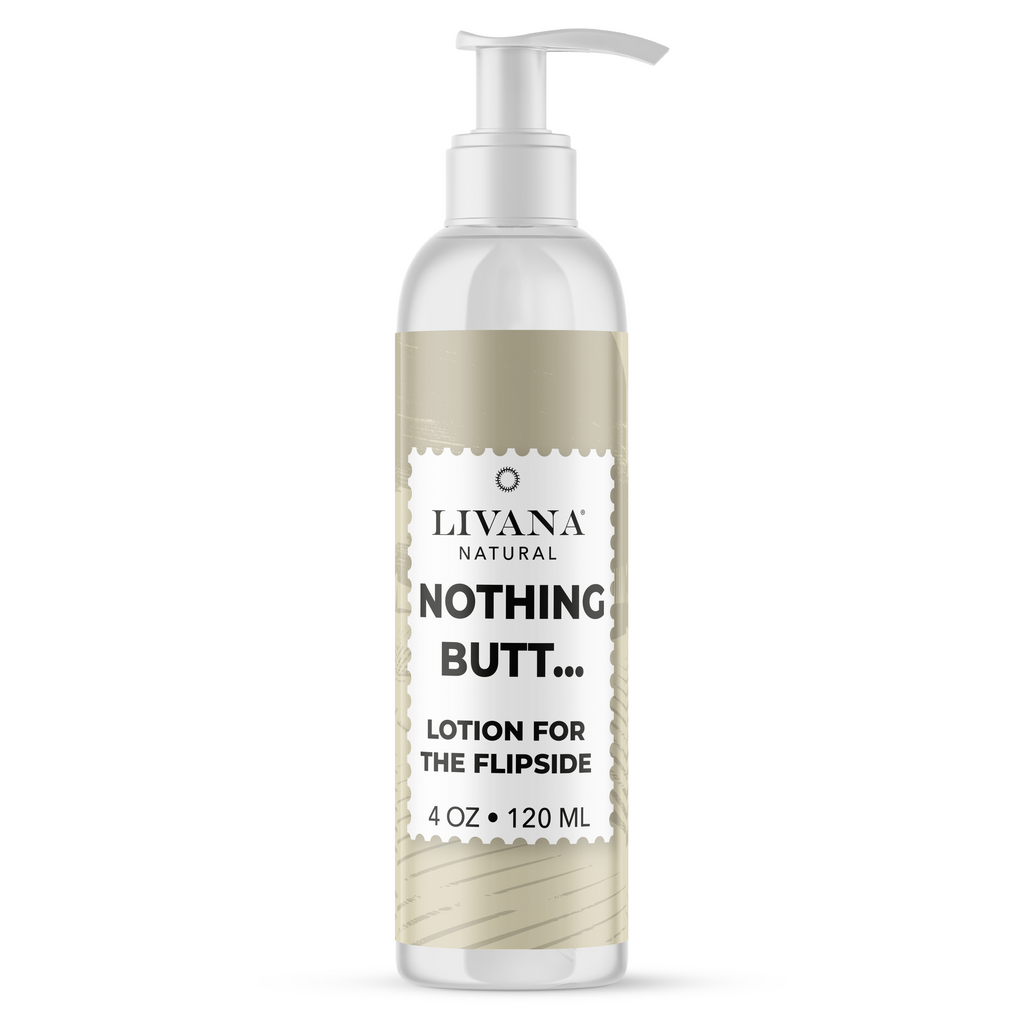Does Peanut Butter Cause Acne? The Surprising Truth Revealed!
As a beautician, staying updated on popular skin-related trends and concerns is essential. One question that frequently comes up among clients is, does peanut butter cause acne? This seemingly simple food has stirred discussions in skincare communities. Let's explore the intriguing connection between peanut butter and acne.
Peanut butter is adored for its creamy texture and delectable flavor. However, discussions continue about its impact on skin health. Some people assert that this nutty delight leads to breakouts, while others enjoy it without any adverse effects. To address this concern thoroughly, we must consider several factors, including diet, hormonal levels, and individual skin types.

Unpacking the Myths: Peanut Butter and Acne
It's crucial to clarify that not everyone will experience acne from consuming peanut butter. Many researchers and dermatologists suggest that the relationship between diet and acne is more complex and can involve various elements.
The Glycemic Index Factor
High glycemic index foods can spike insulin levels, which is linked to acne development. Fortunately, peanut butter has a relatively low glycemic index, which makes it less likely to trigger this hormonal reaction. It also contains healthy fats and proteins that may actually benefit the skin. This raises the question: could moderation be the key?
Individual Reactions to Foods
Each person's body chemistry is unique, which means food reactions can differ significantly. For some, the oils in peanut butter may be comedogenic, meaning they can clog pores and potentially lead to acne in those susceptible. It's essential for your clients to monitor their diets and how their skin responds.

The Role of Additives in Peanut Butter
Another critical element is the additional ingredients found in the peanut butter they consume. Many commercial brands may include added sugars, salts, and hydrogenated oils. These additives can lead to inflammation, which may worsen acne symptoms. If clients notice breakouts, they might want to choose natural or organic peanut butter that contains only peanuts and maybe a hint of salt.
Hormones and Acne: The Connection
Hormonal fluctuations can have a significant impact on acne. For example, women often experience increased breakouts during specific phases of their menstrual cycles. Foods that elevate insulin levels may stimulate androgen hormones, leading to increased oil production and breakouts. While peanut butter itself isn't directly connected to this phenomenon, consuming it in large quantitiesespecially alongside sugarcould be a contributing factor.

Scientific Studies and Perspectives
Research regarding the relationship between diet and acne is still evolving. Some studies indicate a correlation between dairy and high-glycemic foods with acne, though the link with peanut butter remains less conclusive. Dermatologists suggest focusing on a well-rounded diet rich in fruits, vegetables, and whole grains instead of targeting specific foods.
The Bottom Line: Moderation is Key
In summary, while peanut butter does not inherently cause acne, its effects can vary from person to person based on many factors. Encourage your clients to assess their diets comprehensively, prioritizing moderation and high-quality food choices.
FAQs
Can I eat peanut butter if I have acne?
Yes, you can indulge in peanut butter, but it's advisable to select natural varieties without additives. Be sure to observe how your skin reacts after eating.
What kind of foods should I avoid to prevent acne?
Staying away from high-sugar, high-dairy, and processed foods might assist some in managing their acne.
Are there foods that can help improve skin health?
Including foods rich in antioxidants like fruits and vegetables, along with healthy fats, can enhance overall skin health.
Aloe Vera Benefits
Antifungal Face Wash
Butt Breakouts Info
Butt Acne Information
Pimples on the Butt
Why Pimples Occur
Acne Insights
Getting Rid of Butt Acne
As an Amazon Associate, I earn from qualifying purchases.

